Resource Centre
When life changes, it’s hard to know where to start
When life takes an unexpected turn, navigating the challenges that come with a brain injury can be overwhelming. The impacts are often profound and can affect various aspects of daily life, including cognition, memory, speech, motor skills, and behaviour.
Individuals and their families grappling with acquired brain injuries often experience profound changes, including potential employment loss, social isolation, housing difficulties, financial strain, emotional distress, and a lifelong journey managing a spectrum of cognitive, physical, and social impairments.
Our Resource Centre serves as a guiding light through this uncharted territory. While the path may seem unfamiliar, we firmly believe the transition can be eased with the right support.
The Road to Recovery Following Brain Injury
In this video from Alberta Health Services, experts share insights and strategies to help you or your loved ones navigate the challenges of recovery. Understanding the complexities is the first step towards finding the support you need.
Resource Directory
Family Caregivers: Your Health & Wellbeing
This free e-course for family caregivers is an overview of your health and wellbeing after you become a caregiver. This self-paced course covers topics such as emotional and psychological health; physical health; relationship building and nurturing; compassion fatigue; and more.
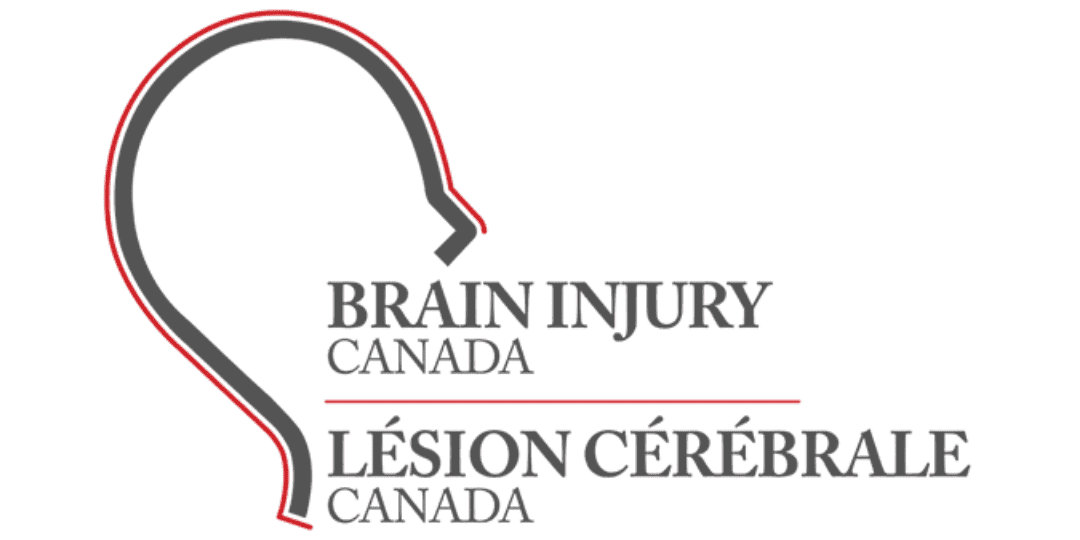
Access Transit Calgary
Responsible for managing the eligibility, booking, scheduling and dispatching shared-ride, door-to-door public transportation services for Calgarians with disabilities.
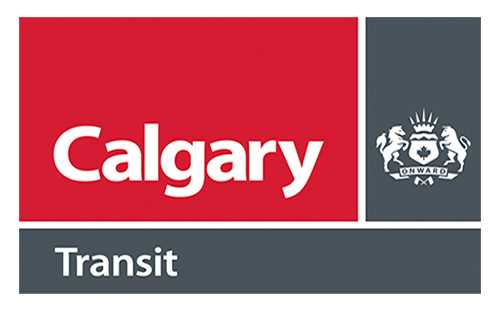
Accessible Housing Society
Non-profit organization and registered charity with a mandate to create opportunities for safe, affordable, barrier-free housing for persons with mobility issues.

Alberta Brain Injury Network
ABII is a network of agencies across the province that assist survivors and their families in accessing supports from various programs and community resources.
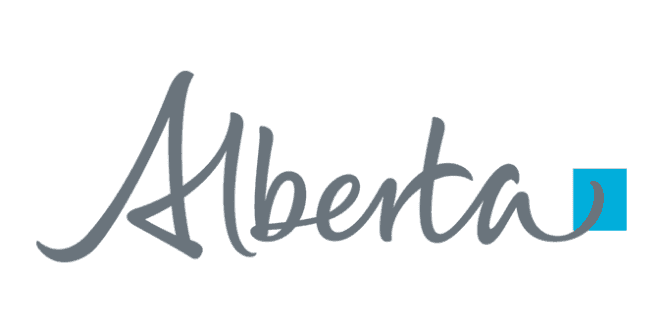
Alberta Brain Injury: Survival Guide
The Survival Guide is intended to provide basic information and support to survivors of acquired brain injury and their families.

Alberta Caregivers Association
Provides support for caregivers; to empower and promote caregiver well being.
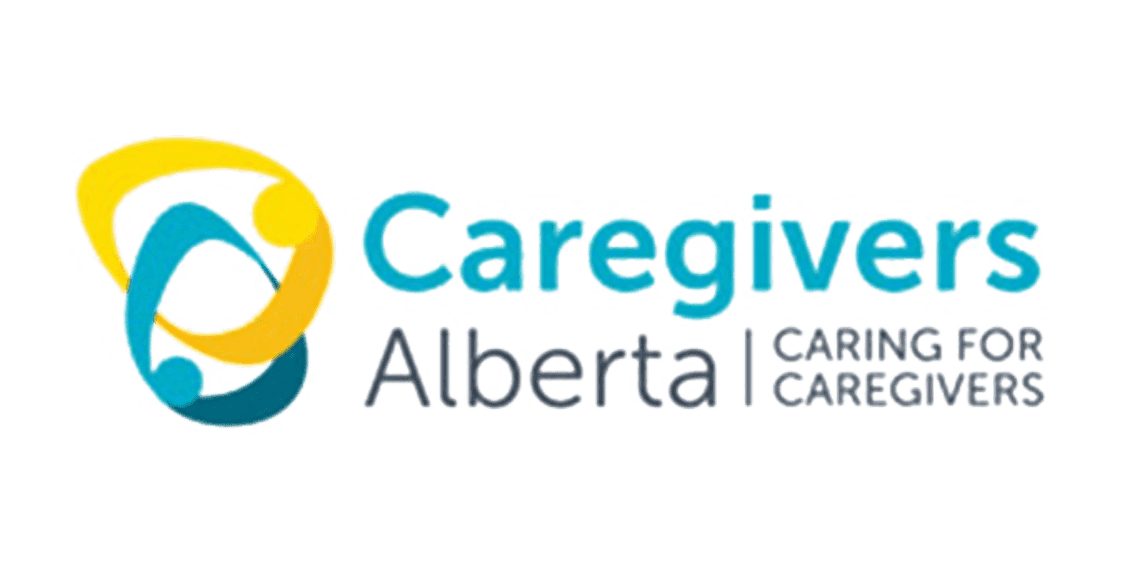
Assured Income for the Severely Handicapped (AISH)
The AISH program provides financial and health-related assistance to eligible adults with a disability. AISH health benefits and supplemental assistance may also assist a client’s cohabiting partner and dependent children.

Brain Injury Canada
Improving the quality of life for all Canadians affected by acquired brain injury and promoting its prevention.

Calgary Aphasia Centre
The Calgary Aphasia Centre (CAC) is a non-profit program created to support and advocate for Calgarians living with aphasia. There is no cost to attend.

Calgary Counselling Centre
Providing counselling for a wide range of services, including but not limited to: addictions, depression, trauma, health issues, victim of a crime, etc.
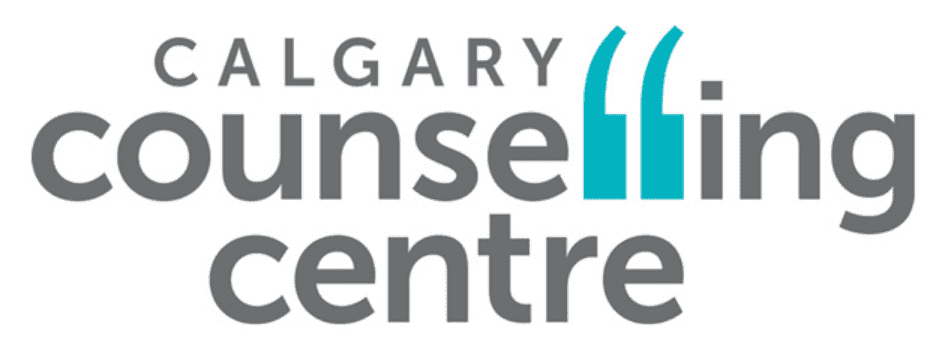
Canadian Mental Health Association
Provides support, information and guidance for family members of a person dealing with mental illness and/or addictions.
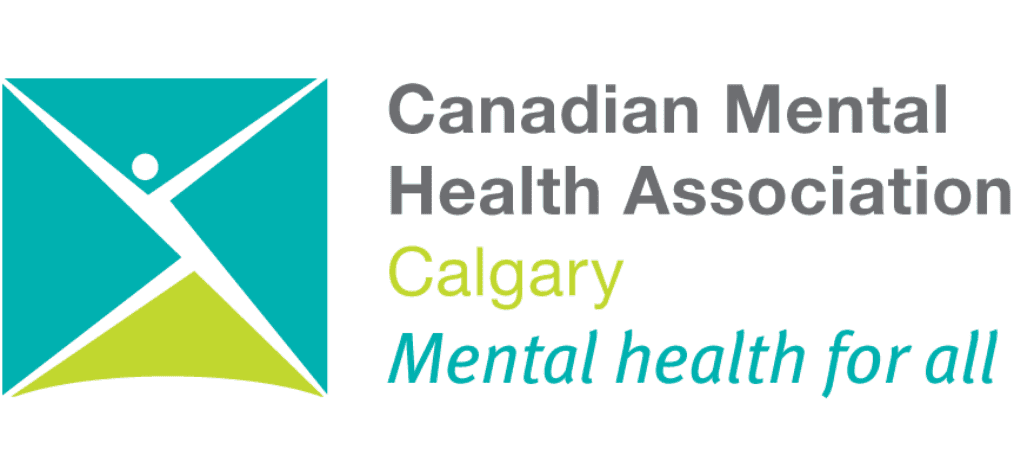
Continuing Care Services
Provides long-term residential care, including nursing and personal care, physical, occupational or recreational therapy, pharmacy, podiatry, social work or pastoral counselling services.
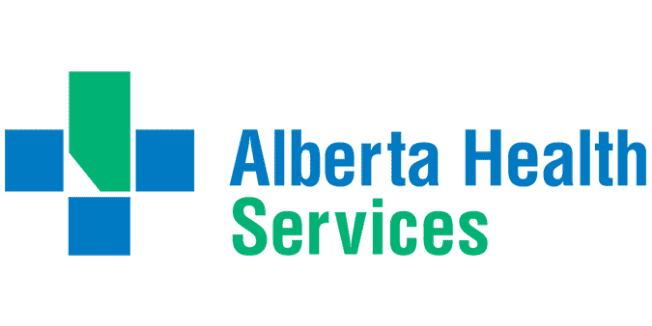
Disabled Parking Pass
A parking placard and/or disabled license plate enables those unable to walk 50 meters (150 feet) to use specially designated parking facilities.

Disability Tax Credit
The Disability Tax Credit (DTC) is a non-refundable tax credit that helps individuals with disabilities, or their caregivers, reduce the amount of tax they have to pay.

Family Caregiver Centre
Offers support for caregivers who are not paid including: connections to healthcare and community services, a supportive person to talk to, education programs, a library of books, videos, and articles.

Home Care
Offers support and care from healthcare providers to people in their homes. Needs are assessed and a care plan is made.

Health Link
Call Health Link by dialing 811 for quick and easy advice from a registered nurse 24/7.

JB Music Therapy
JB Music Therapy Inc. is recognized throughout Calgary, Alberta as an expert provider for music therapy programs, presentations and resources for health care and education professionals.
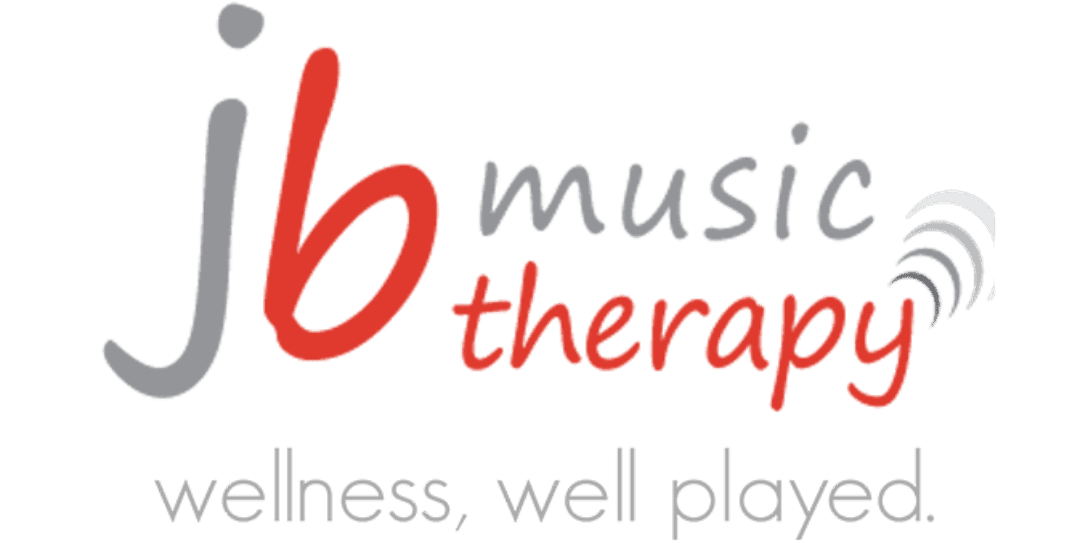
National Access Arts Center
NaAC is a non-profit visual arts centre where artists with developmental disabilities come together to create, exhibit and sell artwork.
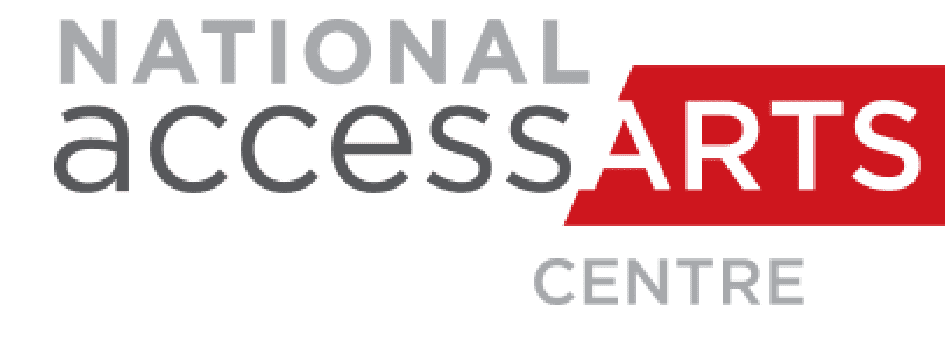
Registered Disability Savings Plan
Helping people with disabilities save for the future. Canadian residents under age 60 who are eligible for the Disability Tax Credit can open a Registered Disability Savings Plan (RDSP) and can also receive money from the Government to encourage savings.

MNP Community & Sport Centre
MNP Community & Sport Centre is a recreation facility with accessible services.
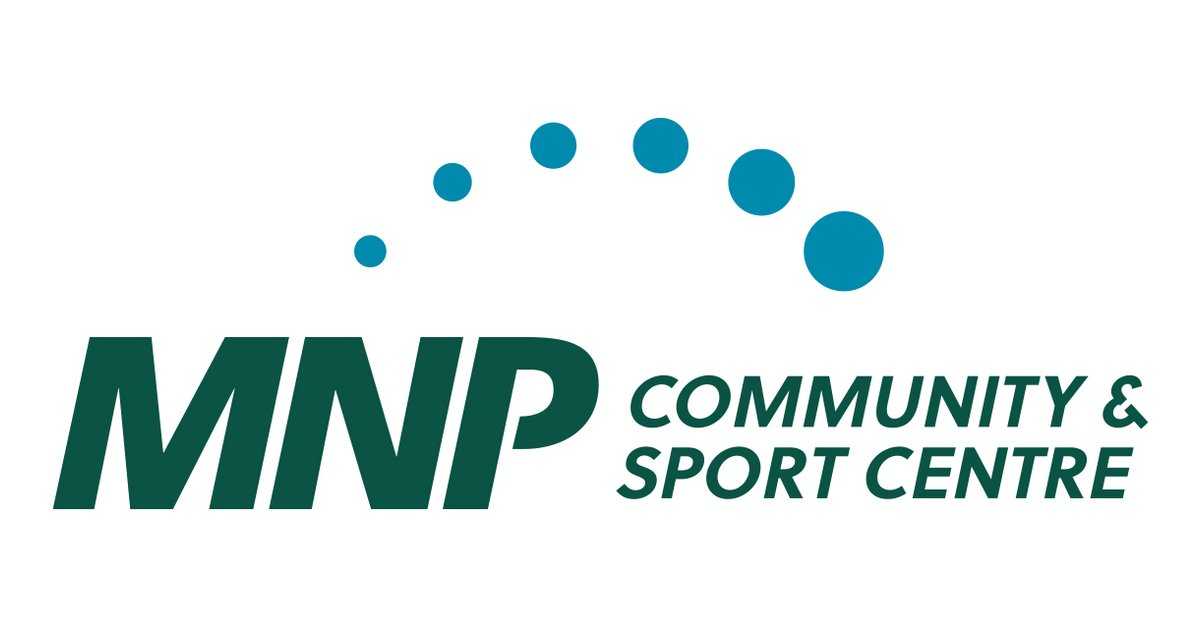
Residential Access Modification Program Funding (RAMP)
RAMP is a program available to eligible wheelchair users to modify their home to be more wheelchair accessible. Applicants can apply for a RAMP grant for up to $5,000.

Senior Tax Credit
Seniors may qualify for several federal and/or provincial tax credits. Seniors eligible for the disability tax credit may also be eligible to claim additional medical expenses.

Southern Alberta Brain Injury Society (SABIS)
SABIS makes life easier for brain injury survivors and their supporters. Providing guidance and support to build upon the strengths of brain injury survivors in their journey toward wellbeing and independence. SABIS staff offer service coordination, assistance with applications, referrals, and support groups for both brain injury survivors and their supporters.
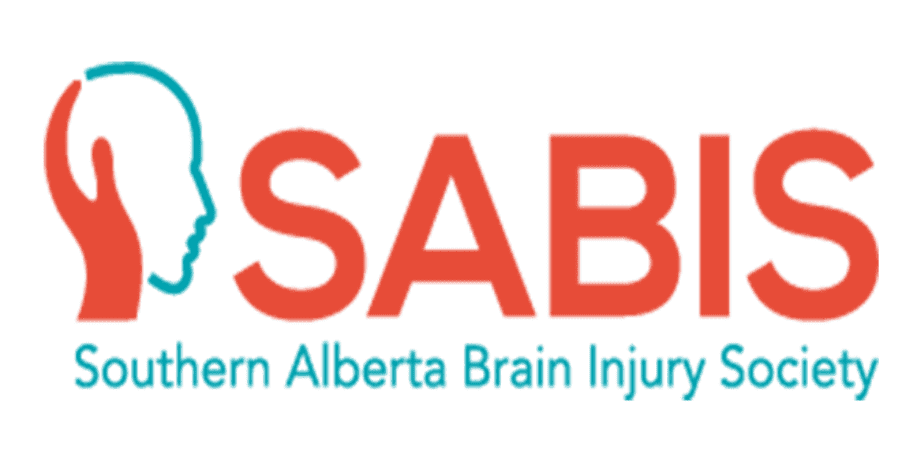
STROKE CARE IN ALBERTA
Alberta’s stroke prevention and treatment programs are recognized as among the best in Canada.

Supported Lifestyles (Brain Assist)
Supported Lifestyles (Brain Assist) provides innovative support to adults with a developmental disability. We specialize in delivering services to individuals with complex needs and provide an array of residential and vocational supports to this population.
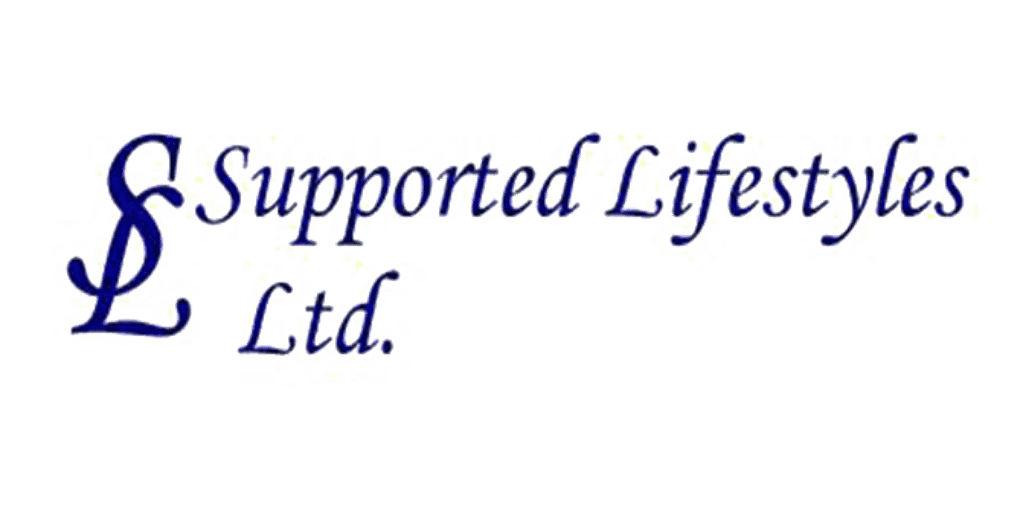
Taking Charge of Your Stroke Recovery
A survivor’s guide to the Canadian Stroke Best Practice recommendations.
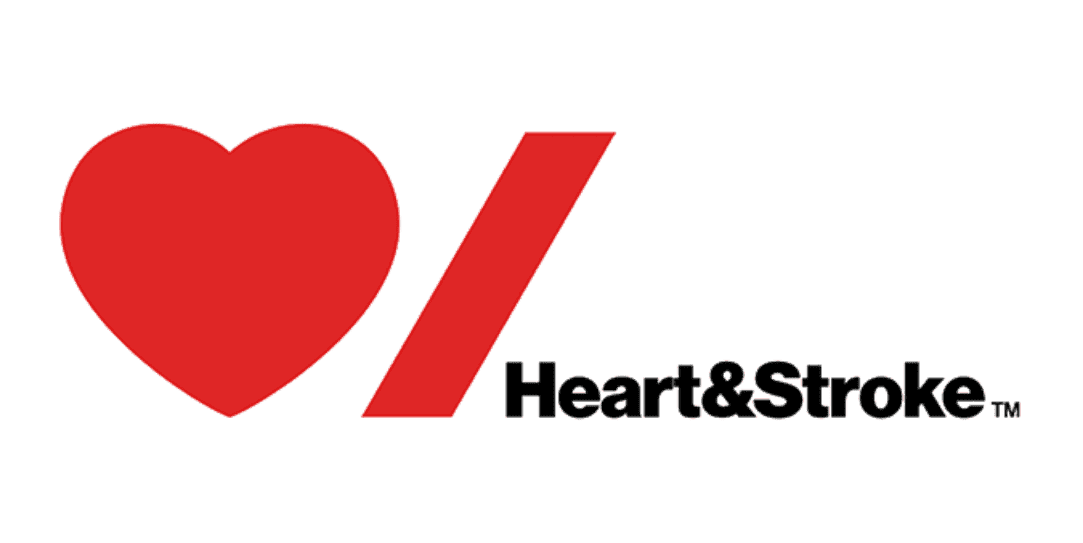
The Centennial Centre for Mental Health and Brain Injury (Halvar Jonson Centre)
Not a traditional hospital, but rather a facility that provides specialized mental health and brain injury treatment and care. Specialists and health professionals committed to integrated, multidisciplinary care and treatment.

Universal Rehabilitation Service Agency (URSA)
URSA is a Calgary based not-for-profit agency that supports the needs of disabled individuals in the community setting. The agency prides itself in being “universal”, meaning developing and offering rehabilitation services to individuals that are currently not being used.
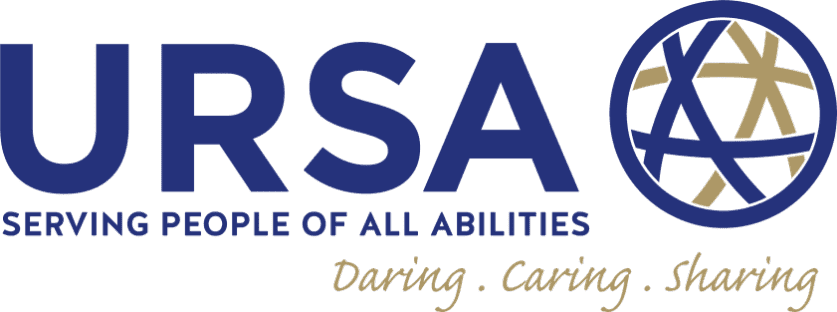
University of Alberta Aphasia Camp
The Alberta Aphasia Camp is a weekend-long camp held every September. It is held in a rustic outdoor camp away from the hustle and bustle of the city. It provides an opportunity for individuals who are living with aphasia, as well as one of their family members or friends, to enjoy a weekend retreat. Activities are both recreational and therapeutic in nature.
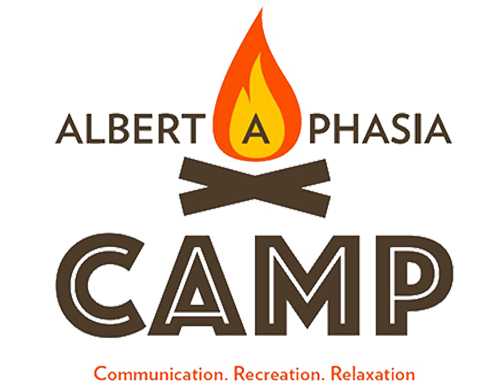
Caregivers: Introduction to Brain Injury
This self-guided course is available to caregivers, including family caregivers, free of charge, and developed through the support of the Petro-Canada CareMakers Foundation. It covers an introduction to brain injury from diagnosis to recovery (which is often life-long), and touches on important topics such as the role of caregivers in recovery; tools for managing challenging behaviours for the support and safety of loved ones; strategies for safely supporting additional cognitive, emotional, and physical effects; and the intersectional nature of brain injury, and how identity and society impact health and recovery.

Stroke Recovery Exercise Portal
Elevate your stroke recovery with Saebo's curated upper extremity exercise videos. Partnering with Work Your M.O.T.O.R., these engaging home exercises, led by licensed occupational therapists, are perfect for anyone who has suffered a neurological disorder.
